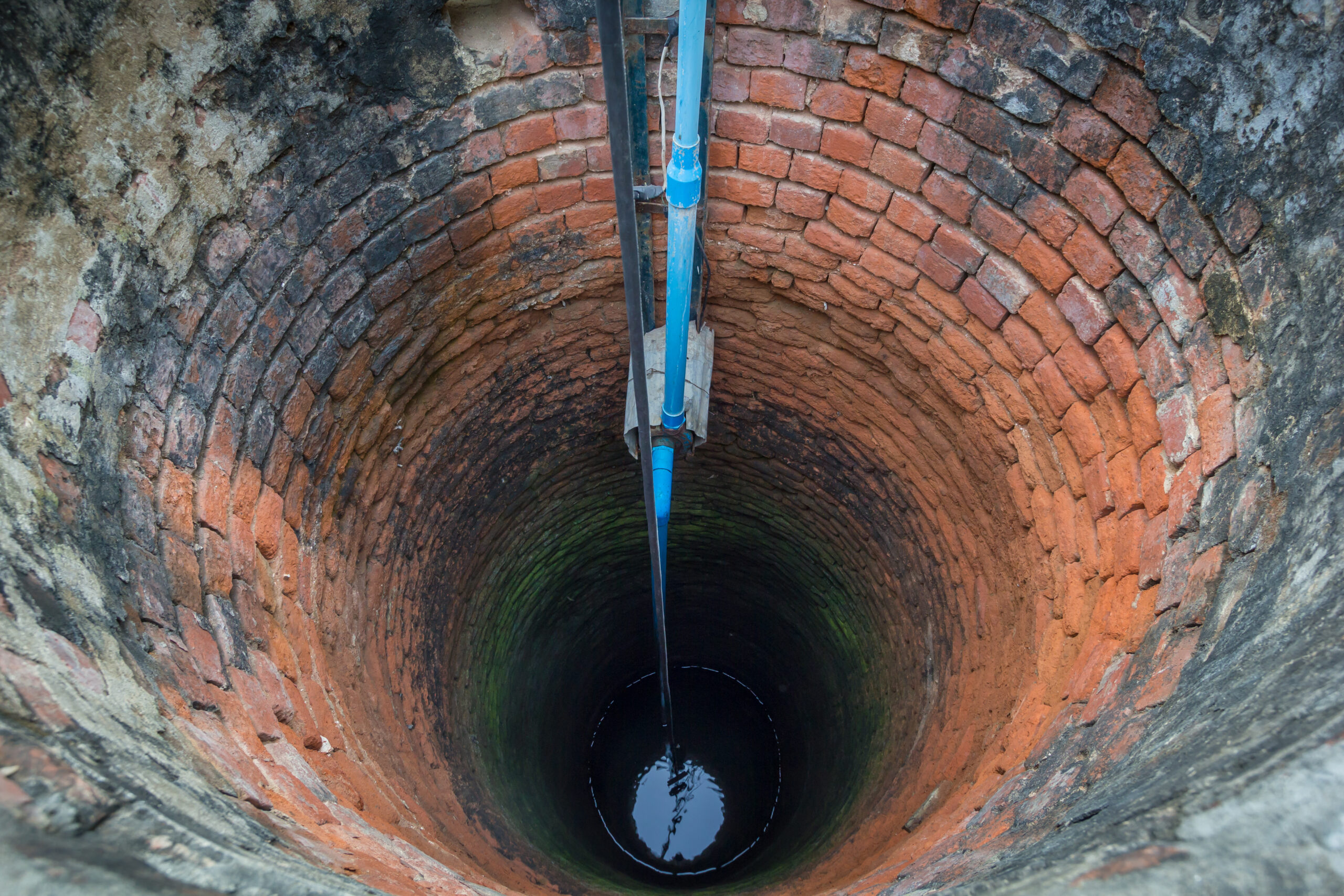Groundwater derives from fresh water, such as rain or melted snow. It seeps under the Earth’s surface level into the pores between rocks, sand and soil. The water can be stored in these pores for many years or released into a river or the sea when the storage area becomes saturated. Because groundwater can quickly become contaminated, groundwater studies must be carried out. This post will look at how monitoring water quality in groundwater studies can help identify and treat contamination and its sources to ensure water is safe for its intended applications.
Why Is Monitoring Groundwater Quality Important?
There are many ways in which groundwater can be contaminated, thus making it crucial to monitor and test it. Contaminated groundwater severely affects the environment and any animals or humans that ingest it. Some of the dangers of contaminated groundwater include1:
- Bacteria and viruses in drinking water
- Damage to the environment of aquatic animals and plants
- Degraded surface water systems
- Erosion
- Health problems that range from acute to severe and are short or long-term
- High clean-up costs
- Loss of water supply
- Soil contamination can prevent the growth of crops
The potential hazards of contaminated groundwater are plentiful and can result in expensive clean-up operations and health problems. There are regulations in place to ensure groundwater protection is in place, especially in areas where contamination is likely to occur. Some of the regulations include The Groundwater Regulations 1998, the Control of Pollution Act 1974, the Clean Water Act2 and many others.

What Instruments Are Used to Monitor Water Quality in Groundwater Studies?
Groundwater studies can involve a wide range of instruments and processes; therefore, choosing a company with experience and expertise in your applications is crucial. Equipment can include a range of pumps, water level meters, tag lines and more.
One favourable instrument is a mass spectrometer used for gas and vapour analysis, residual gas analysis, VOCs and other harmful substances. It’s an ideal solution for monitoring water quality because the data obtained with a spectrometer include concentrations of dissolved gases in liquids and species identification.
Hiden Analytical
Hiden Analytical has been developing mass spectrometers for over 40 years, with a focus on advanced research applications and specialist process monitoring. Our instruments can be used in a wide range of applications, including water quality monitoring and groundwater studies.
Our HPR-40 DSA dissolved species analyser is a membrane inlet mass spectrometer (MIMS) system that can analyse gases, vapours and VOCs in a liquid sample, such as water. The instrument comes with direct probes and flow-through probes that can identify contaminants in seawater, sludge and groundwater studies.
For more information about our spectrometers for groundwater studies, contact us today and a team member will be happy to assist you.

